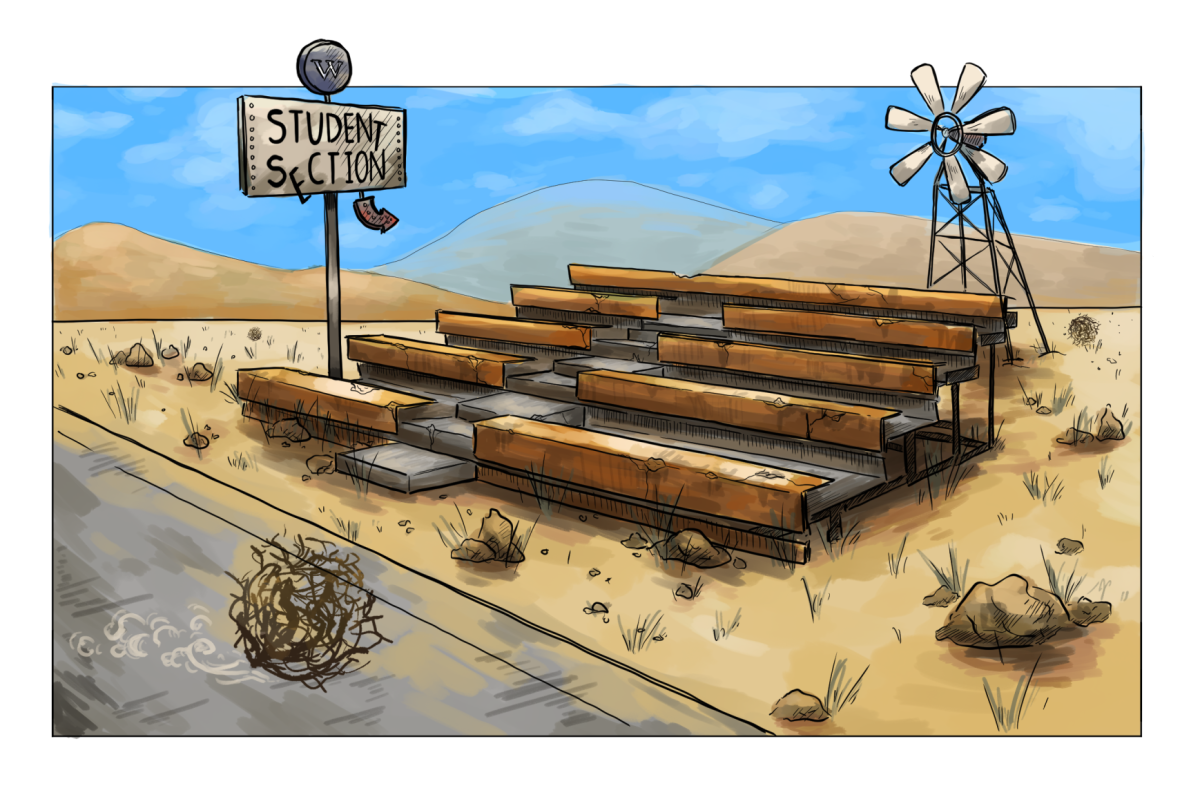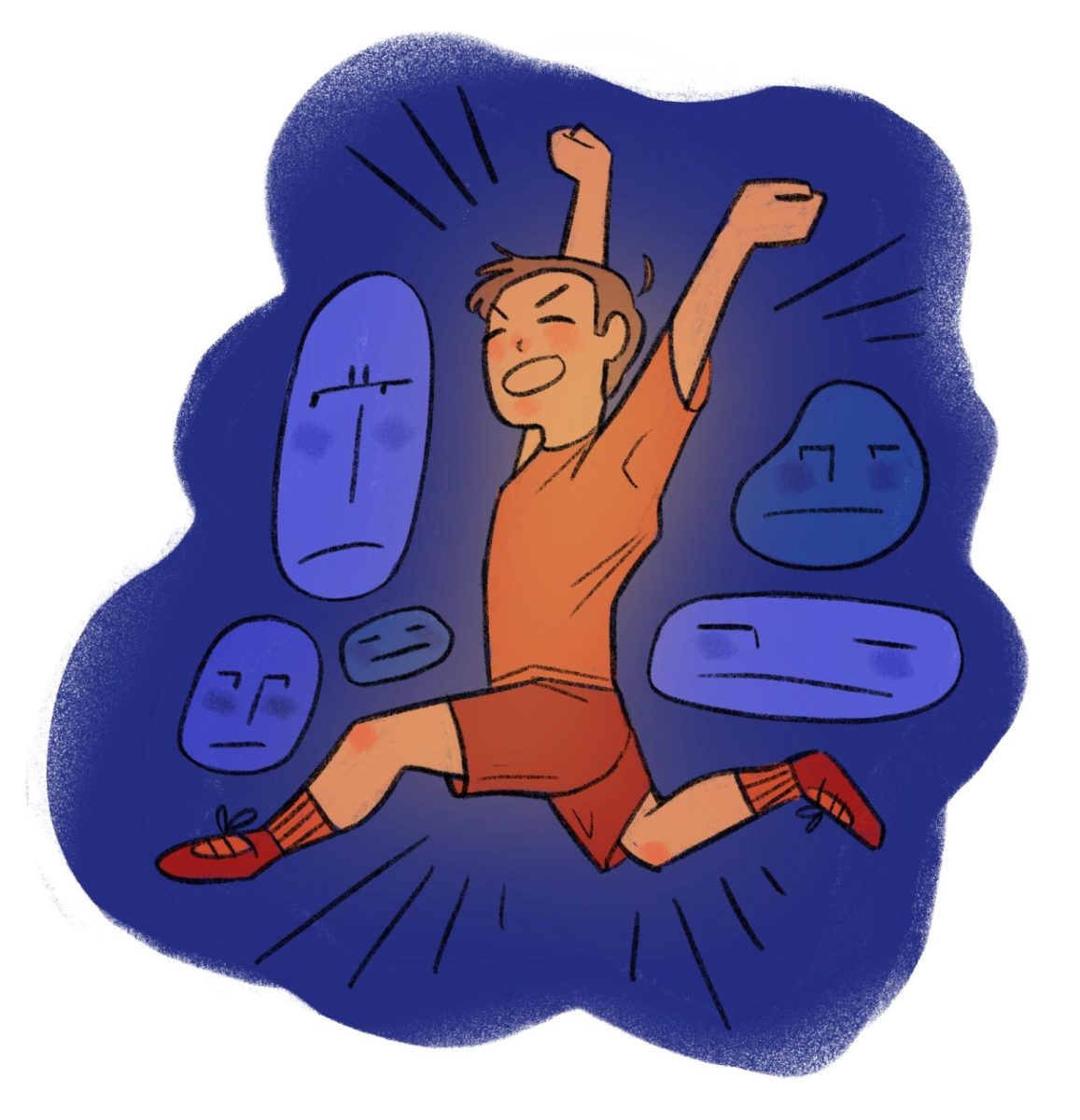It’s late at night, and you’re out for a drive by yourself. You see a car swerve in front of you. You look to see a glint of a bottle in your headlights, but instead you just see the glow of a cell phone.
Texting and driving has been popular ever since 2007, when teenagers finally realized they could multitask and mostly get away with it. The Drug Enforcement Administration has only recently put out commercials warning teens of the danger of texting and driving.
The DEA does admit, however, that texting and driving gets you “really damn high.” Apparently the adrenaline from driving mixed with the cell phone radiation provides stimulation in the brain close to that of an opiate, like heroin. Regional DEA spokesperson Mary Hawk sat down with the Backpage in an exclusive interview.
“Yes,” Hawk admitted, “texting and driving does give you quite a rush. Many people give up work and just text and drive full time. Keith Richards also admits to being currently addicted.”
Hawk continued, “It almost gets you as high as jankem, but really nothing quite compares.”
There are many different sides to the texting and driving debate. Some claim it is mind-expanding, and is a necessary experience for all. “I see the world in a different light ever since I texted and drove for the first time,” admitted one student.
Others text and drive while listening to really shitty techno music and having lots of glowsticks in the car.
Hollywood, shortly after this study was released, declared that “Harold and Kumar Text and Drive” will come out this Christmas.
The DEA still pushes the fact that texting and driving is dangerous, and highly addictive.
Whitman College senior Jacob Jedsen admitted to texting and driving on multiple occasions in college. “I was addicted for a little while,” admitted Jedsen. “They tell you it’s not addictive, but it really is.”
Indeed, Nokia and T-Mobile are pushing a bill in congress that would allow for medical texting while driving. T-Mobile spokespeople have taken the stance that some people need it to cure glaucoma, ease anxiety and help depression.
Multiple studies have been done, sponsored by T-Mobile, which show texting and driving is very safe and does not kill brain cells. Common sense leans the other way, but T-Mobile insists that it “actually cures cancer.”
Hawk declared, “The bottom line is, texting and driving is dangerous. But you wanna know what’s even more fun? Texting and motorbiking.”




